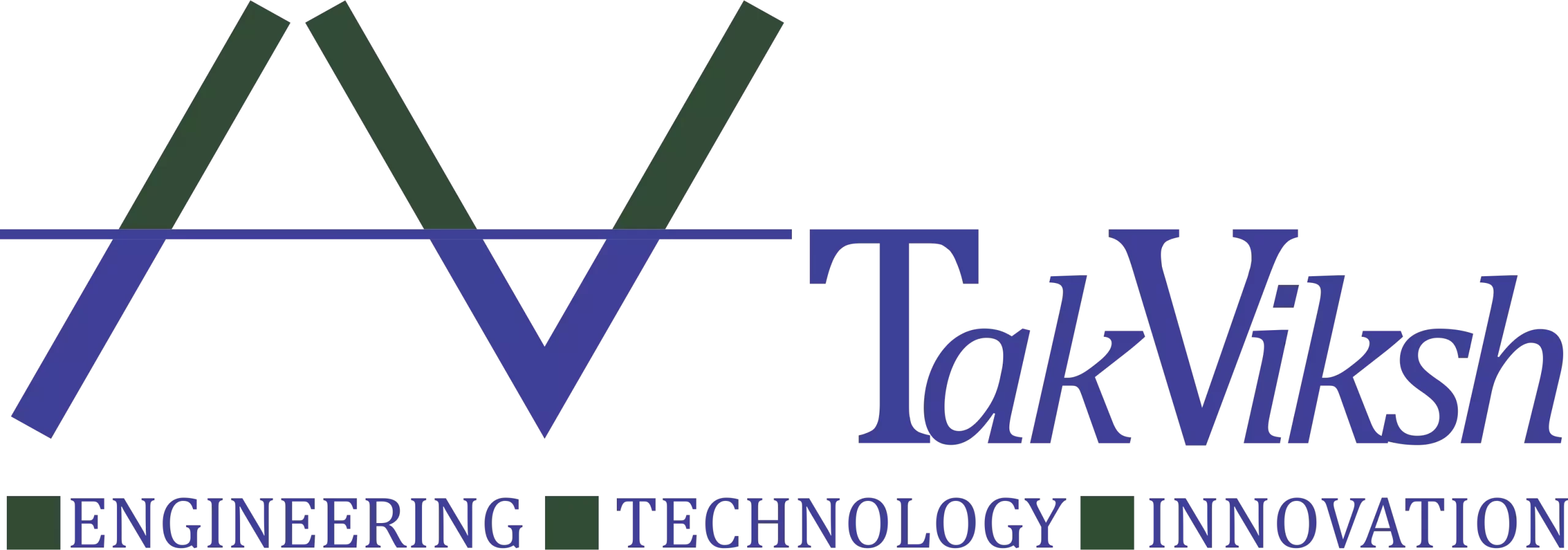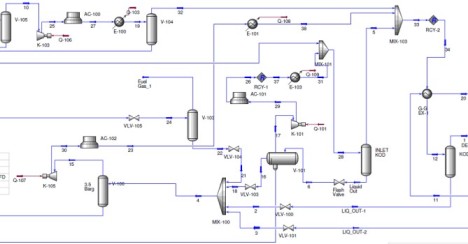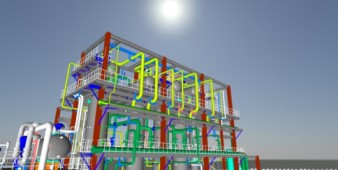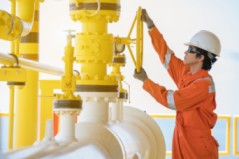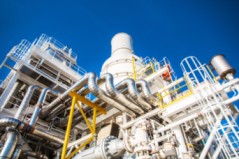front-end engineering design (feed) service in Gujarat

In the world of industrial engineering, especially in sectors like oil & gas, refineries, petrochemicals, and specialty chemicals, Front End Engineering and Design (FEED) plays a critical role in defining the success of a project. FEED ensures that every technical and economic aspect of the project is meticulously planned before entering the detailed design or execution phase.
Let’s explore the key components, benefits, and impact of FEED services in industrial projects.
What is FEED?
FEED (Front End Engineering and Design) is a crucial project development phase focused on defining technical and financial requirements. This stage involves creating the groundwork for project execution by integrating engineering expertise with cost and schedule estimations.
It bridges the gap between the conceptual design (early feasibility studies) and the detailed engineering design, providing clarity to all stakeholders about the project’s scope, risks, and expected outcomes.
Key Elements of FEED Services
1. Process Design and Technology Selection
Development of Process Flow Diagrams (PFDs) to outline key processes and production stages.
Creation of Piping and Instrumentation Diagrams (P&IDs) to detail equipment, piping, control loops, and instrumentation.
Selection of process technologies based on operational efficiency, cost, and environmental impact.
Heat and mass balance studies to optimize energy and resource usage.
2. Preliminary Engineering and Specifications
Basic engineering calculations for equipment sizing, layout, and line sizing.
Material of Construction (MOC) selection based on corrosion resistance, pressure, and temperature requirements.
Definition of equipment datasheets and specifications for critical components such as reactors, heat exchangers, and pumps.
3. Cost Estimation and Project Planning
Detailed cost estimation for capital expenditure (CAPEX) and operating expenditure (OPEX).
Development of project schedules with resource allocation and timelines.
Feasibility studies and economic evaluations to assess project profitability.
4. Safety and Risk Assessments
Comprehensive HAZID, HAZOP, and QRA (Quantitative Risk Assessment) studies.
Assessment of environmental compliance and sustainability measures.
Simulation and analysis to mitigate operational risks.
5. Plant Layout
Preliminary layout designs for equipment, piping, and utilities using advanced tools.
Identification of potential space constraints or clashes in equipment placement.
Optimization of layouts for operational ease and safety compliance.
6. Procurement and Vendor Evaluation
Vendor evaluation for long-lead items and critical equipment.
Preparation of bid packages and technical requisitions.
Assistance with technical bid evaluation to ensure compatibility with project requirements.
Why FEED is Essential in Industrial Projects
1. Cost Control and Budget Accuracy
FEED minimizes unexpected cost escalations by providing accurate cost estimates during the early stages of the project. This allows for better financial planning and prevents overruns.
2. Risk Mitigation
With a detailed technical and safety assessment, FEED ensures that potential risks are identified and mitigated before construction begins. This includes addressing process hazards, operational risks, and environmental impacts.
3. Project Alignment
FEED aligns all stakeholders—owners, contractors, and vendors—by clearly defining the project scope and requirements. This reduces ambiguities and ensures seamless communication throughout the project lifecycle.
4. Time Efficiency
By identifying technical challenges early in the design phase, FEED prevents costly delays during execution, saving significant time during the project lifecycle.
5. Regulatory Compliance
FEED ensures that the project complies with all local and international standards, codes, and environmental regulations, minimizing legal risks and ensuring smooth project approvals.
How FEED Services Drive Project Success
A robust FEED phase can save up to 30% of total project costs by preventing scope changes and rework during later stages. It also increases project success rates by clearly defining objectives, risks, and execution strategies.
At TakViksh, we emphasize delivering high-quality FEED services that cater to the unique challenges of industrial projects. Our experienced team integrates engineering excellence with innovative solutions to provide reliable designs that drive project success.
Conclusion
Investing in FEED services is not just a recommendation; it’s a necessity for ensuring the success of any industrial project. Whether you’re planning a refinery expansion, a new petrochemical plant, or a specialty chemical facility, FEED sets the foundation for safe, efficient, and cost-effective project execution.
Are you looking for expert guidance on your next industrial project? Reach out to our team and let us help you with world-class FEED services.
Frequently Asked Questions(FAQ)
